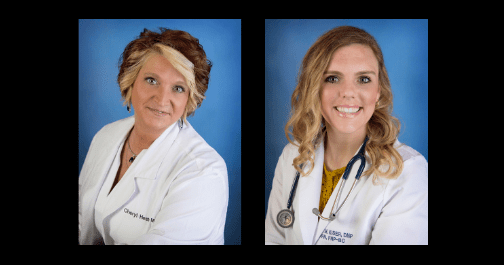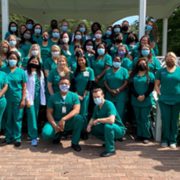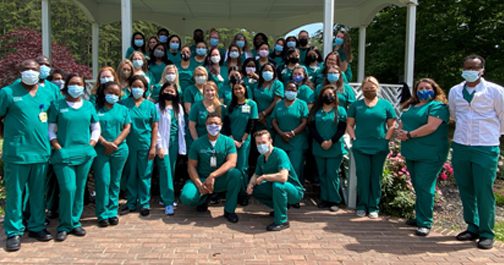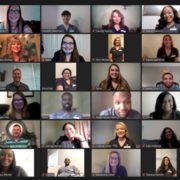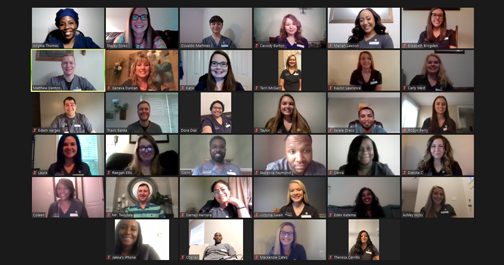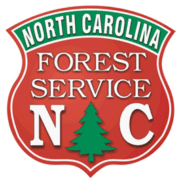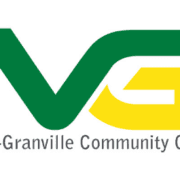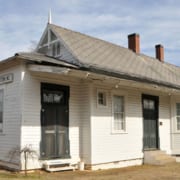TownTalk: VGCC Adult Learner Program Helps Students Return To School To Complete Degree, Program
Vance-Granville Community College is one of five community colleges across the state selected to participate in a pilot program designed to help students return to school to complete their post-secondary education.
VGCC President Dr. Rachel Desmarais told John C. Rose on Monday’s Town Talk about the Adult Learner program and how myFutureNC and the John M. Belk Endowment are providing support to bring students back to school who left without completing a degree or certificate.
“We’re excited to be a part of this,” Demarais said, adding that the program objective complements VGCC’s vision of being “a catalyst to strengthen communities.” Helping people prepare for fulfilling employment and life-long careers is what VGCC is all about, she said.
The myFutureNC program is a statewide nonprofit organization focused on educational attainment and is the result of cross-sector collaboration between North Carolina leaders in education, business and government.
The adult learner program will work to remove barriers to education. VGCC strives to make education meaningful, but “meaningful is in the eye of the beholder,” she said. “We have to prove that meaning – we’ve got to connect people to careers…to see what they could do to use their strengths, abilities and talents.”
“We’re not getting a pot of money,” she explained. “We are getting so much more than money – we’re getting access to services that have shown they work to move the needle” to improve achievement.
Part of the program will include development of a marketing strategy to help craft the message and then get that message out to the public. One particular data tool will be especially useful, Demarais said. It will be used to identify those former VGCC students who have some college credit but haven’t completed all the requirements to get a degree or certificate.
“We need to call these folks back and … make it easy to help them finish what they started,” she said.
Through the adult learner program, Demarais said she hoped to see some results as early as 2022. “If we can increase the number of people 25 and older to come to college, that’s a leading indicator,” she noted.
It will take some creativity to reach the 25- to 44-year-old group, who must “be able to juggle work and family life, and school life,” she said. VGCC will have to provide flexible options, making sure that the education is efficient – even shoring up and refreshing knowledge that hasn’t been used in awhile.
The adult learner program will evaluate the credits that students already have completed and determine exactly what is left to complete the course of study and get certificates of completion for programs or degrees.
An additional resource is the Second Chance Scholarship, Demarais noted. Students lose access to federal Pell Grant money if they weren’t successful with previous courses. “The only way to get (access) back is to take a class,” she said. But that takes money, which the student may not have. The Second Chance Scholarship can help.
For so many of these students, “life got in the way,” Demarais said. “We need to make it easy for them to finish what they started.”
(For full broadcast audio and details click play.)



